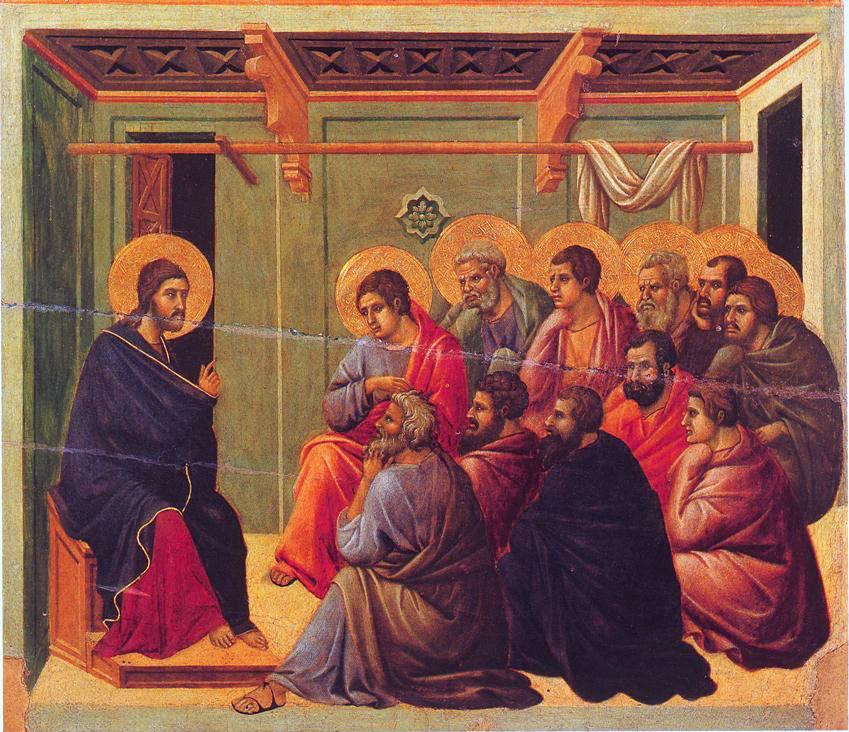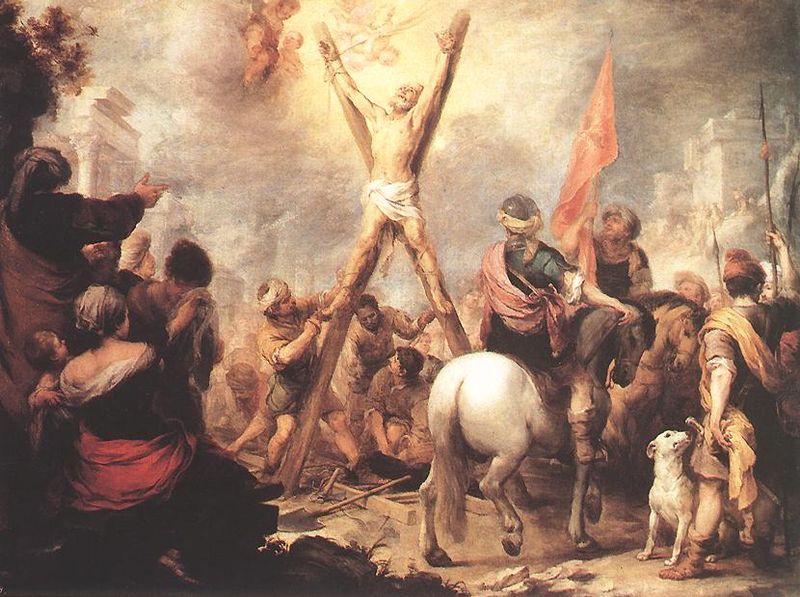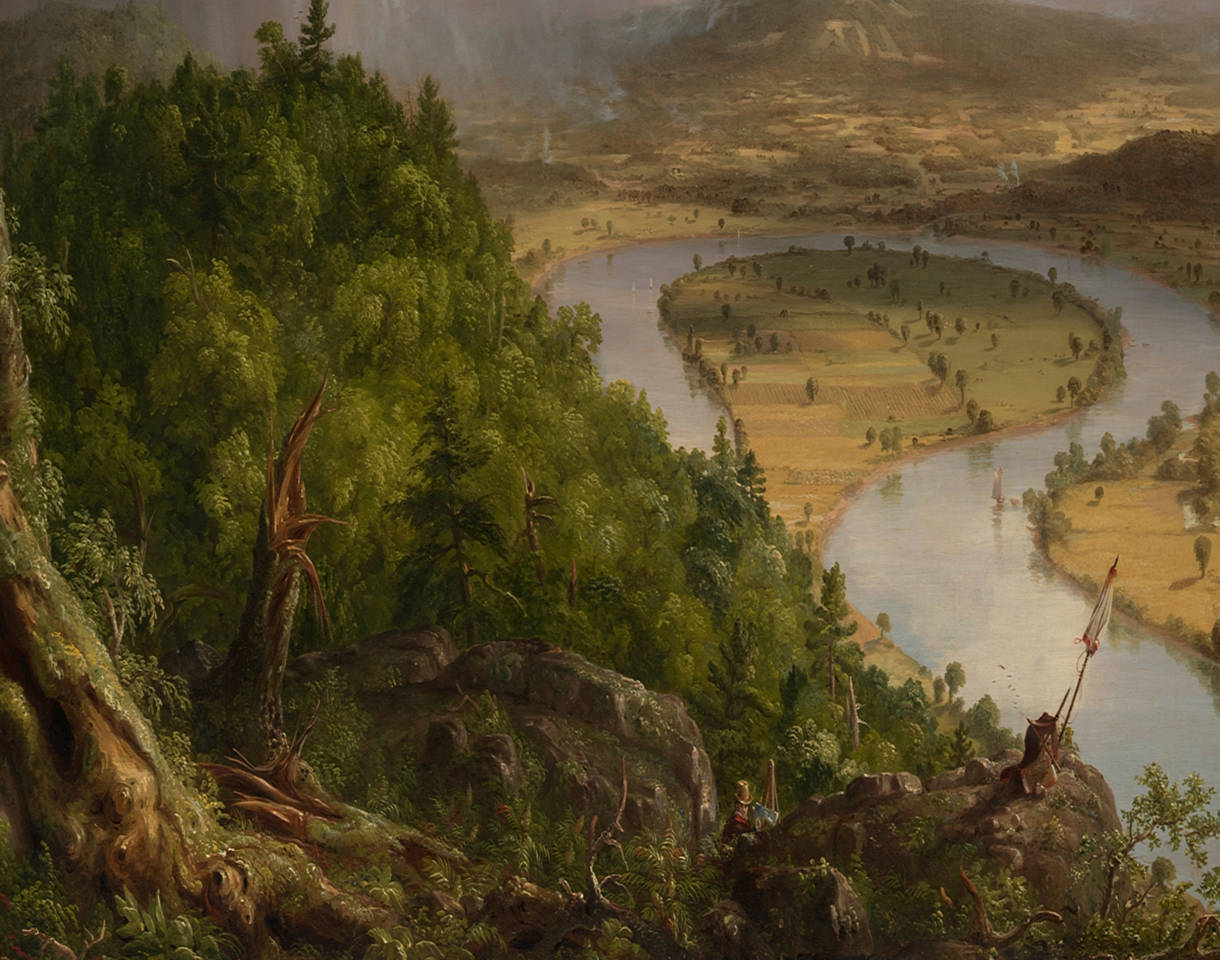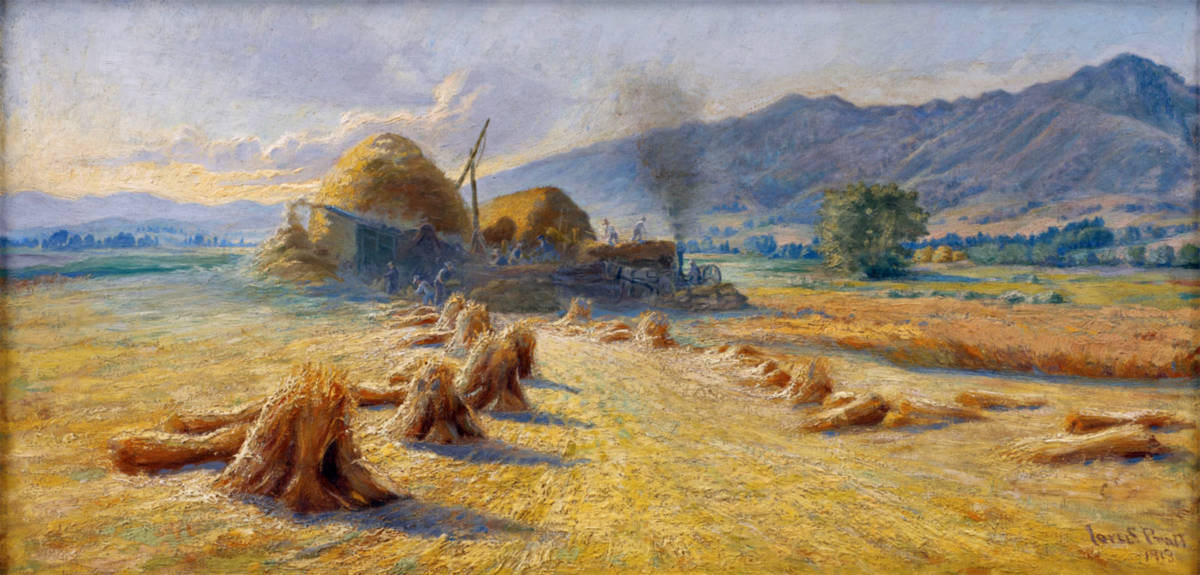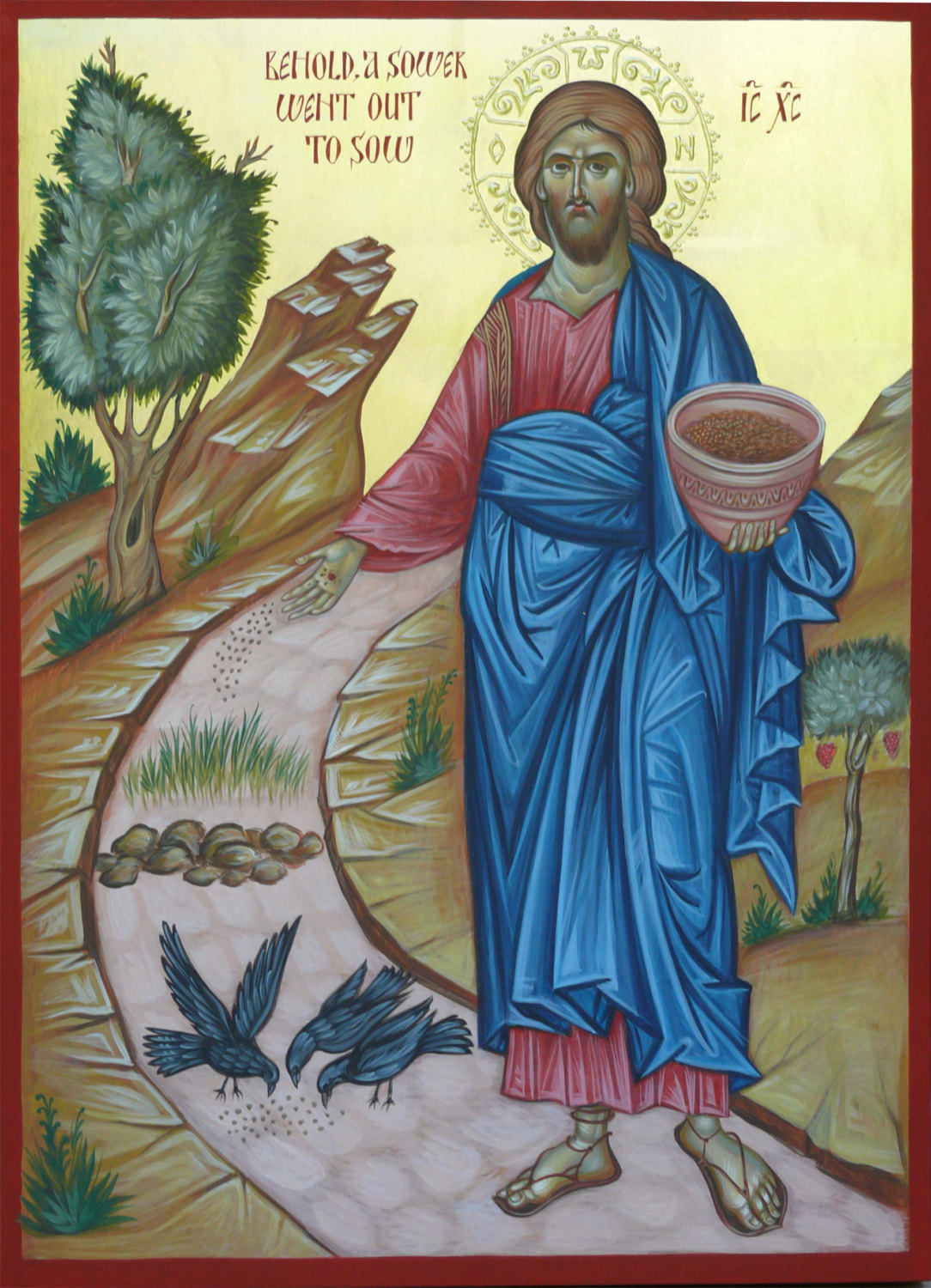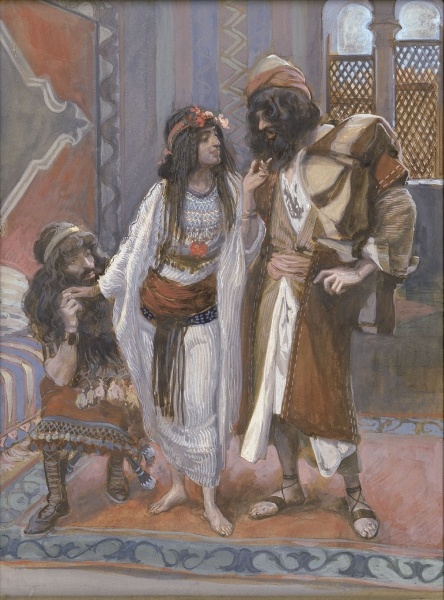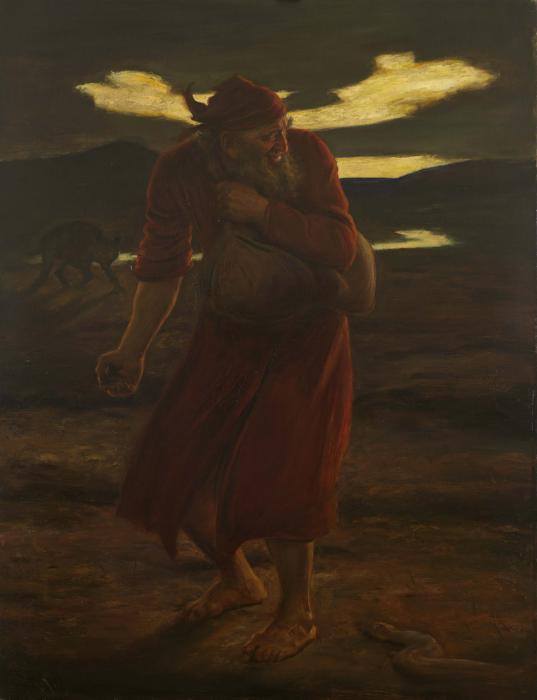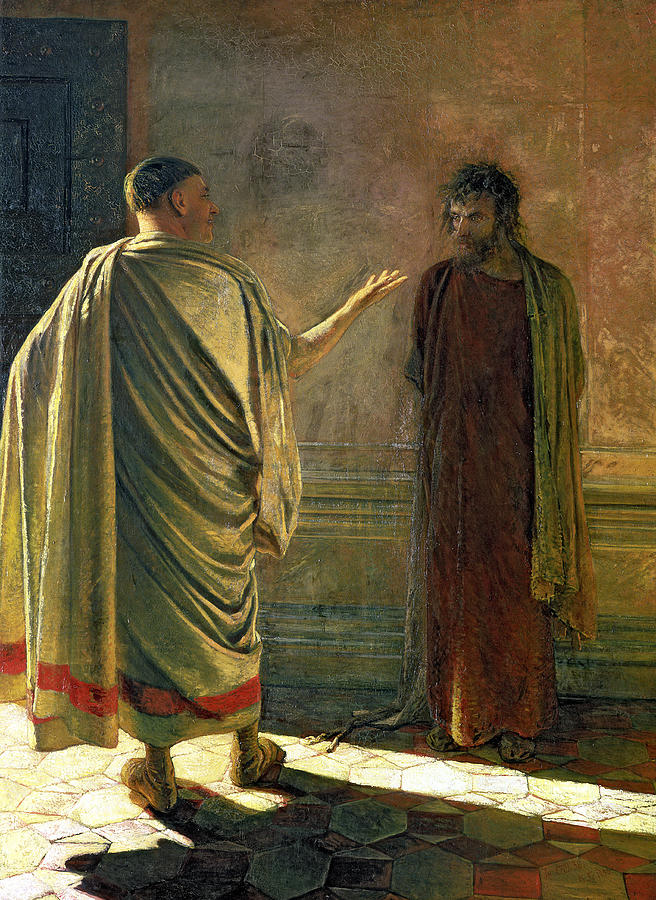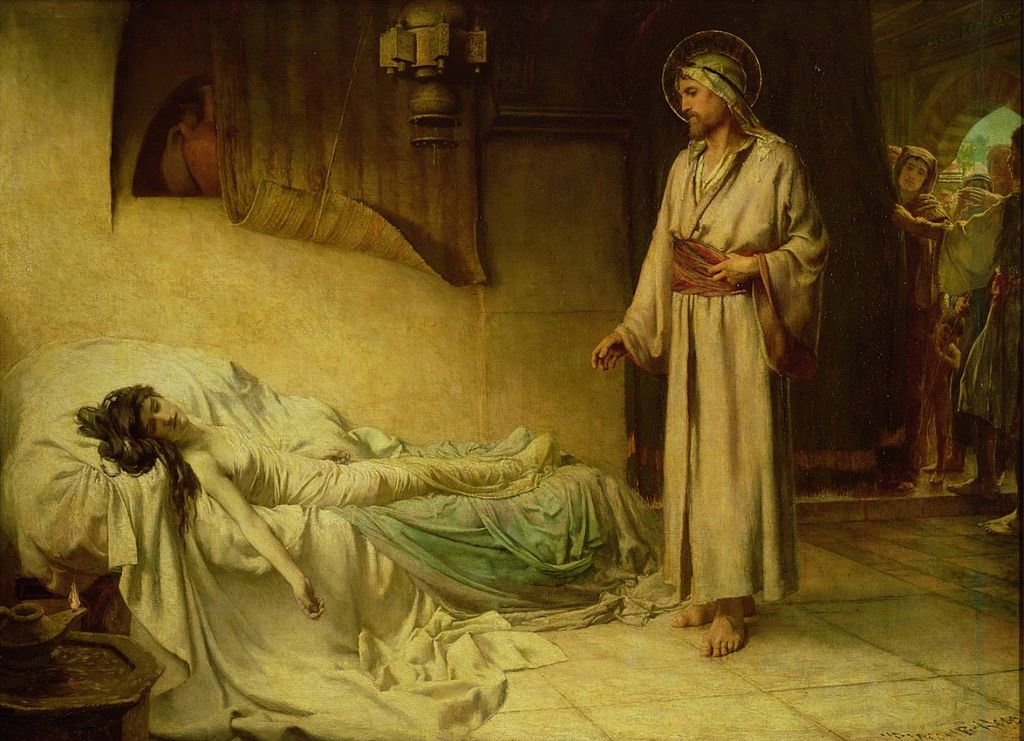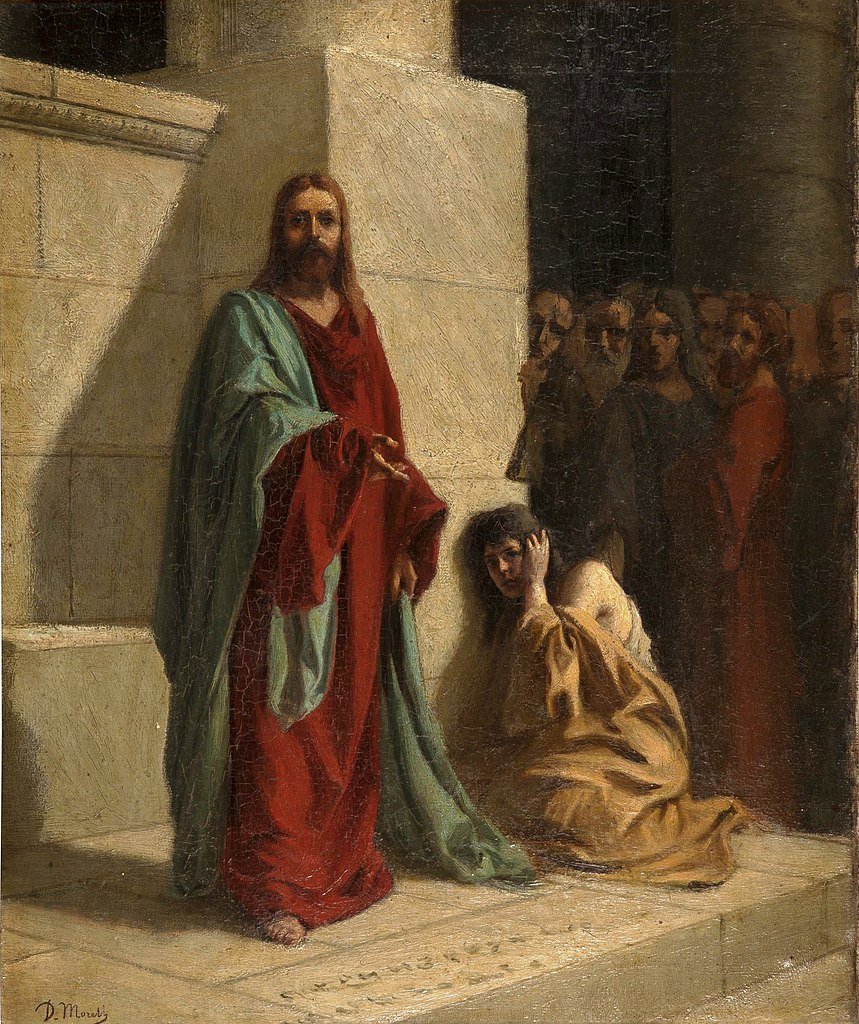As Christmas approaches through Advent, we always seem to get busier and busier with jobs to do, gifts to buy, cards to write, food to prepare, events to attend. We push our way through crowded supermarkets and come home exhausted. Mind you there is shopping on line but it can be fraught as well especially when it comes up on your screen that the page has expired.
It can all become a burden as we wait for Christmas Day to arrive. How different it was for the Jews who waited for the Messiah to come that first Christmas. There is a story told in Luke Chapter 2 about two elderly people Simeon and Anna who were waiting.
Simeon was an old devout Jew who was waiting patiently for the promised Messiah. He had been told by God that he would not die until he had seen the Messiah. So, what did he do? He didn’t complain, or sulk. He didn’t give up when God did not answer immediately. Instead he went to the temple to worship God, the place where God met his people. He had been there many times over many years but this time was very different from all the others.
I wonder what Simeon was expecting to see. A vision, a revelation from God, an angelic warrior prince to drive out the Romans. Was he really expecting to see a baby? An eight-day old baby in his mother’s arms. Nothing is more helpless than an eight-day old baby. (we know Jesus was only 8 days old because under Jewish law a child had to be circumcised on the eighth day after birth. Circumcision signified the separation of the child from a life of sin and death to a life lived for the Lord). Simeon being a regular worshipper would have noticed a young couple walk in and know immediately they were different.
Anyone who has been inside Westminster Abbey London will know that it would take you a couple of days to even find your bearings due to its sheer size. This temple in Jerusalem was on a 35-acre site. It was massive, filled with different courts, chambers, sacrificial areas, corridors and gardens. It would take very little to get lost inside it. But God leads his people to the right place at the right time. He does it even today. But sometimes we have to wait. Even for a long time. Simeon appears and takes the infant Jesus in his arms and immediately sings a song about him.
He had given a lot of thought to the words he was going to sing as he had been thinking about this moment for a very long time. It is the last song he will ever sing. When you are happy, we sing a song generally don’t we. We sing in the shower, we sing in church, we sing when our favourite team scores a goal because we are happy. Singing is good for the soul. Simeon blessed the family and then he utters a prophecy. He did not question God about his choice of a Messiah coming as a baby. He thanked God for he saw in this helpless baby a light to reveal God to all the nations of the world.
In our society, the story of Christmas is represented nowadays as a sentimental happy one. But there is also a dark side to it. Simeon had difficult words to say to Mary and he didn’t refuse to say them. Simeon told her that the baby would be rejected by many; as well as bringing great joy to many. His words prepared Mary for the pain that she would suffer in the future. Life for us is often full of suffering too.
At Christmas, we cannot forget the suffering of others. In the birth of his Son, God was identifying with the poor, the weak and suffering of this world.It is very tempting to concentrate on our own families at Christmas and ignore the needs of others.
Simeon was not the only one waiting for the Messiah. To the temple that same day came an elderly widow called Anna. She was over 90 years of age and a prophetess. Her reaction to seeing the baby was one of supreme joy. She began praising God and she talked to everyone she met in Jerusalem about Jesus.
A ninety odd year old going about telling others of Jesus; this is something all of us need to do more often. It is good news we should not keep to ourselves.
Anna like Simeon was also guided by the Holy Spirit at the right time towards Mary and Joseph. We are not sure how she would have seen this family in those days with no glasses and probably in a dimly lit area. But God led her right to them. What a moment that was for her after a ninety year wait. When she came in contact with the infant Jesus and his parents, she was over joyed giving thanks to God. And then we don’t hear anything more about Jesus or his parents for 12 years
What does this short story involving these two elderly people say to us today? There are a few things. Those who love God like Simeon and Anna need to be always tuned into God, and be ready to go where he wants them. Because Simeon and Anna were tuned into God through their faith, they went to the right place at the right time.
If they had not responded to the leading of the Holy Spirit, they would have missed baby Jesus. And they would have still been waiting. Its so easy to get distracted with other things that we might even consider important.
Secondly to see Jesus is to see God; and his salvation. To see Jesus is to see God’s light and revelation. No other God, person, or thing can offer a person salvation apart from Jesus. When Jesus preached to the people, he told them that he, was the ‘light of the world, and whoever follows me will never walk in darkness.’
Jesus does not mention anyone else or any other method. Of course, we don’t see Jesus today the way Simeon and Anna or the 12 disciples or the woman at the well, or Pontius Pilate; saw Jesus physically in front of them. We see Jesus in a different way. He points out to us or speaks to us, in our inner being, in our mind and in our heart, that we need to come to him and love him for who he is. He tells us to repent and believe in him. We need to be alert to God’s leading. To see Jesus is to see God; and thirdly what do we want for Christmas?
What do we want for Christmas? Simeon and Anna waited for a long time to get what they wanted and they got it. And when they got it, they were overjoyed. With salvation comes joy. Joy within your soul, knowing that God has forgiven you and granted you his presence every day of your life through his Holy Spirit. Is it any wonder Simeon sung a song, and was able to say;’ now dismiss your servant in peace’. Isn’t that lovely. I go to my grave in peace because of you God. I am content. How many of us can say that.?
Some of us old enough might remember the song; ‘All I want for Christmas is my two front teeth, my two front teeth’. We can laugh at it. Mind you I wouldn’t mind getting a couple of new front teeth. What do you want this Christmas? What are you waiting for? Maybe its another relationship, maybe it’s the man or woman of your dreams, or the big house, or the exotic cruise, or the next party, or the insurance pay out.
Do you know that the devil convinces us that some of these things or even all of them can bring us true peace and contentment? It’s the greatest lie ever spun. Through this strategy he seeks to make us not content but discontent. That I believe is the greatest scourge in the world today because If we are discontent, there is no inner peace. We are not content with Brexit, we are not content with our salary, we are not content with our condo; we are not content with a court finding until we get the verdict we want.
We are not content with how a country operates; we want to meddle in it, which is how wars start. We are not content with our wealth, we are not content with our health and how we look, we are not content with our sexuality; we are not content with our lives. All of this impact’s society and our lives. And it’s killing people.
And if it’s not killing them its driving them to suicide, depression, despair and substance abuse. I was talking to a school teacher a few weeks ago about Christmas. She has three primary school children of her own. She said to me, ‘you know I have no idea what I am going to buy my children at Christmas because they have everything they want.’ Not what they need; but what they want.
Imagine by the age of 10 you have everything you want. And then people wonder what’s going wrong in the world. And if you have everything you want you have no need of God. Why would you? Read the bible it will tell you what’s gone wrong with the world and with people. It will also tell you how a person can have true peace in their heart not just at Christmas but every day of the year.
I hope that each of us will be able to say at some point in our lives; ‘for my eyes have seen your salvation’ and truly know the peace of God granted to us by the Prince of Peace.
Rev Alan Wilson is a recently retired Presbyterian Minister in Northern Ireland. He was a former Police Officer during the ‘troubles’ before going into the ministry. He is married to Ann and they are now proud grandparents of Jacob and Cora. He enjoys keeping Alpaccas, gardening, watching football and learning how theology relates to the environment and the world at large. He and his wife spent a summer Exchange in 2018 with a Presbyterian Church in Toronto.
The photo shows, “Christ Taking Leave of the Disciples,” by Duccio di Buoninsegna, painted between 1308-1311.
